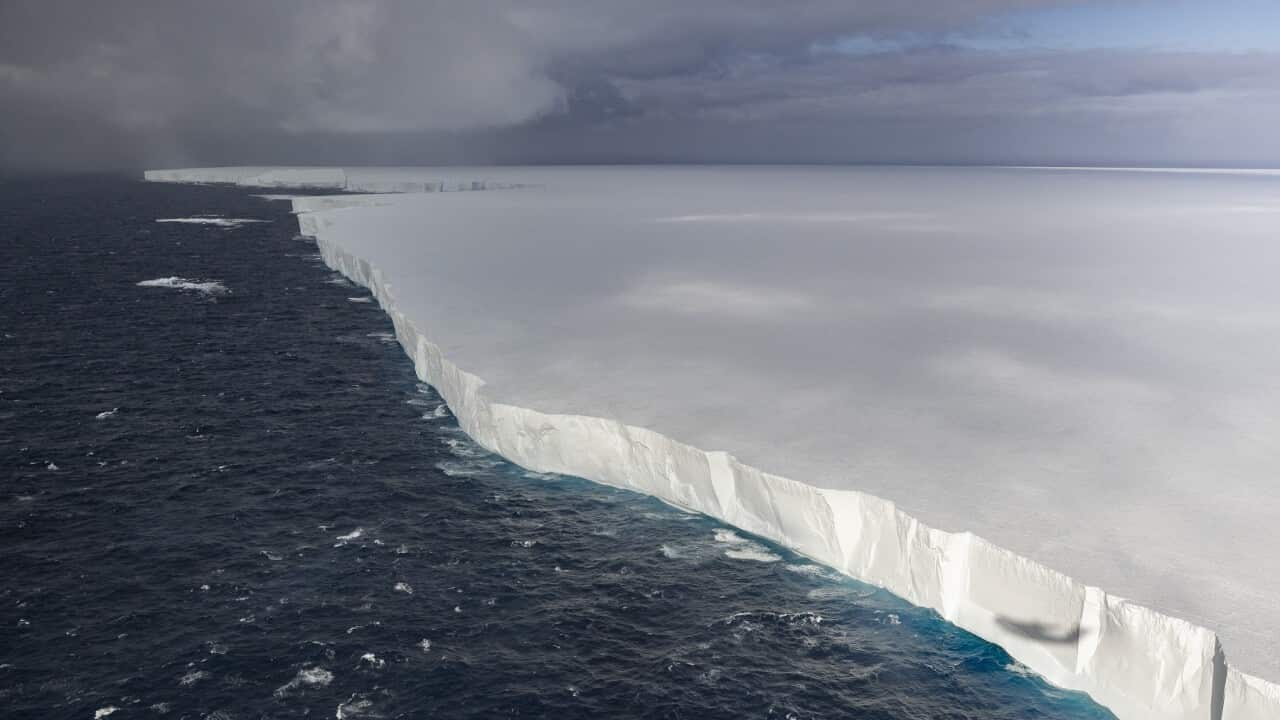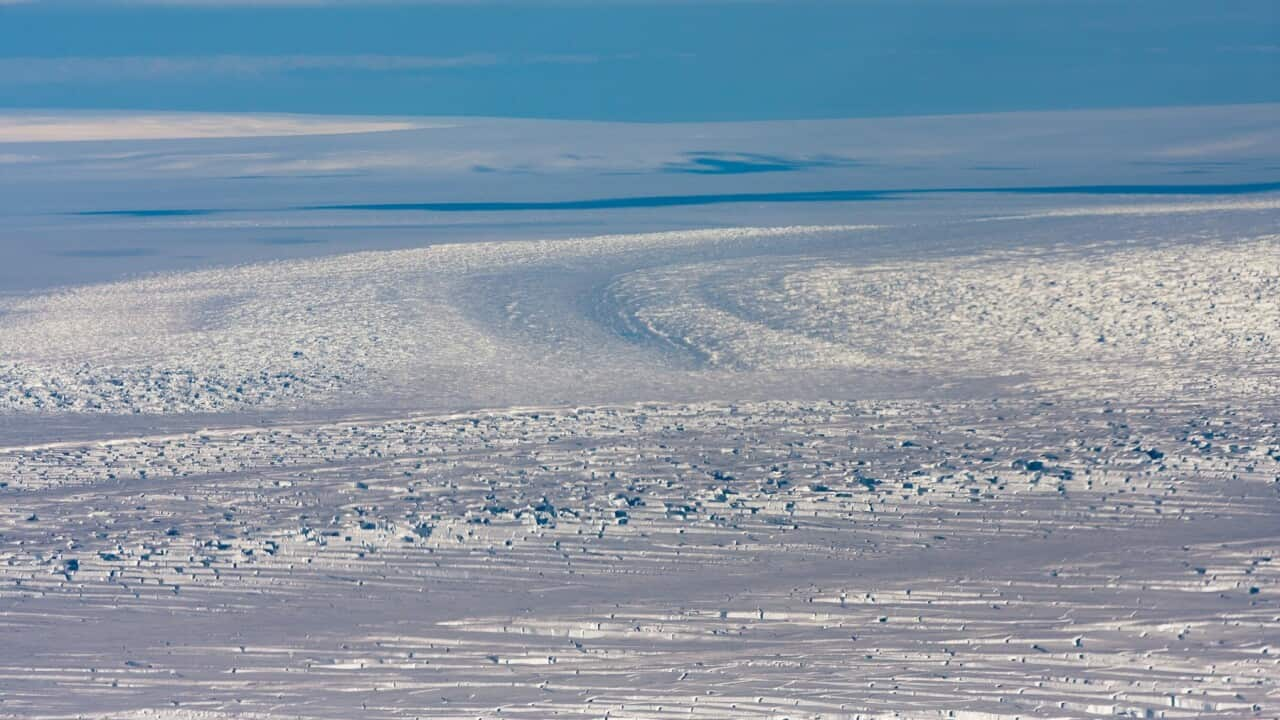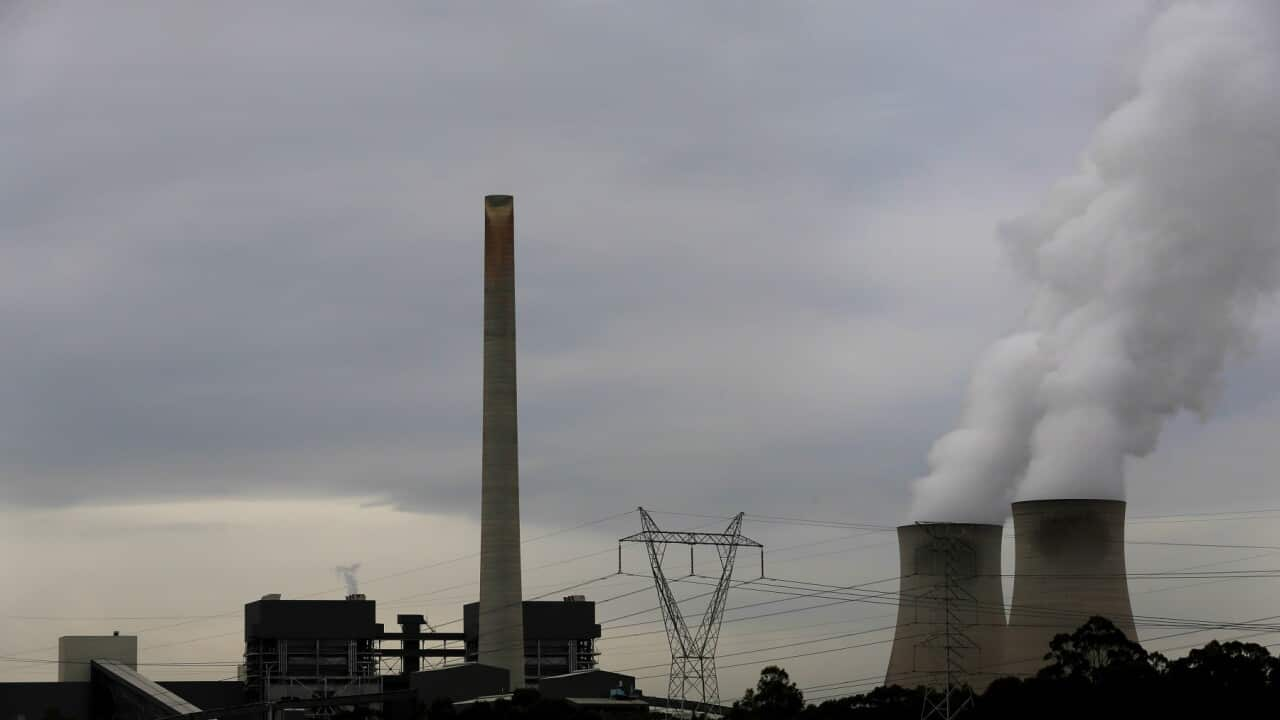TRANSCRIPT
Global environmental leaders are meeting in Cali, Colombia, to address the world’s declining biodiversity and review national commitments to protect plants, animals, and key habitats.
The two-week UN Biodiversity Conference, COP16, follows the Montreal meetings in 2022, where 196 countries signed a global treaty to protect biodiversity.
The opening ceremony featured songs, dances, and rituals symbolising the relationship between water, land, and people.
Colombian President Gustavo Petro delivered the opening remarks at the conference, saying if wealthy countries keep profiting from poorer nations' economies, humanity will lack the tools needed to overcome crises.
"It is fundamental to change debt for climate action. We cannot run the risk as a criterion of measure of the rate of interest or continue with loans. We need to lower the debt. It is crucial we do so if the capital funds and the pension funds of those rich and wealthy countries continue to show profits in the economies of poor countries. That will leave humanity without the instruments to go beyond these crises."
President Petro is calling on the United States, China, and Europe to impose interest surcharges only on countries that can afford it.
"The risky economies are those which can exterminate life today, the those which emit the most Carbon Dioxide using fossil fuels, using oil, and using gas and these are powerful regimes of the United States, China and Europe, because they charge so much at interest prices to countries that are not able to do this."
UN Secretary General Antonio Guterres also delivered a video message to the conference.
"For humanity to thrive, nature must flourish. Destroying nature inflames conflict and disease nature influenced conflict and disease, fuels poverty, inequality in the climate crisis and damages sustainable development, green jobs, cultural heritage and GDP."
He says developing countries are being exploited.
"Developing countries are being plundered - digitised DNA from biodiversity and there have been scientific discoveries and economic growth. But developing countries don't gain fairly from these advances, despite being home to extraordinary richness. This COP must operationalize the mechanism that has been agreed to ensure that when countries share genetic information, they share the benefits equitably."
According to the United Nations Environment Program, the world is experiencing its largest loss of life since the dinosaurs, with around one million plant and animal species now threatened with extinction.
Andrew Miller is advocacy director at Amazon Watch.
"There are many threats against biodiversity in the Amazon. The extension, the expansion of the agricultural frontier, deforestation that's happening, other kinds of expansion of road networks, megaprojects and then natural phenomenon that are themselves exacerbated by climate change. So droughts and then we're seeing massive fires right now. So you put all of that together and it's a real threat of biodiversity, biodiversity loss. And in the Amazon, we talk about the Amazon tipping point and the possibility that the entire ecosystem will go into collapse."
Linda Krueger, biodiversity director at The Nature Conservancy, says evidence clearly shows a significant decline in the number and range of many wild species around the world.
"All the evidence shows that there's dramatic decline in species abundance and distribution. That means species have a lot of wild species have less room to live, and they're declining in numbers. And we also see rising extinction rates."
Ms Krueger says hope remains that what's been done can be undone.
"We know what's driving a lot of it. A lot of it is simply habitat loss, increased human activities, pollution, climate change. We know what's driving a lot of species loss. So if we can stop those activities, we can reverse it."
At COP-15 in 2022, the Montreal conference was pivotal in setting global biodiversity goals through 2030.
Key outcomes included the adoption of the Kunming-Montreal Global Biodiversity Framework, aiming to protect 30 per cent of the world’s land and oceans and recover 30 per cent of degraded ecosystems by 2030.
It also focused on increasing funding for biodiversity conservation, addressing overexploitation, pollution, and unsustainable agricultural practices, and safeguarding the rights of indigenous peoples.
However Eva Zabey, executive director of the coalition Business for Nature, says implementation of the agreement has not been up to expectations.
"Since 2022 and since the governments adopted this groundbreaking global biodiversity framework, progress has been too slow. There has been some progress. We should be hopeful that both on the government and on the business side, we're seeing a shift in the actions that are taking place. But the headline message is: the implementation of the global biodiversity framework is too slow and we need to scale and speed up."













